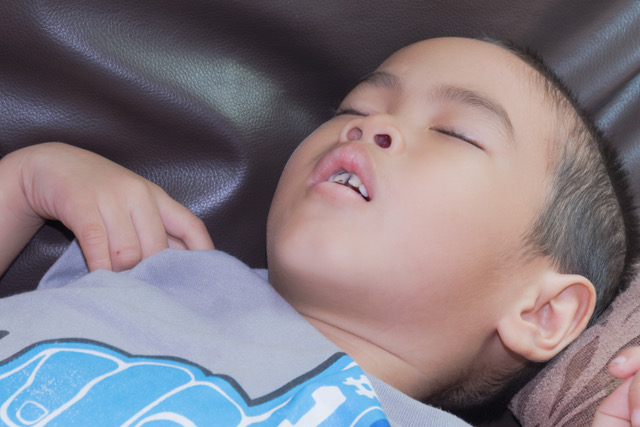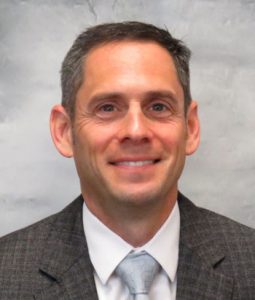By our Smarty friends at Charlotte Eye Ear Nose & Throat Associates, P.A.
Attention Deficit Hyperactivity Disorder is a condition that can make concentrating difficult for your children. However, not all behavioral issues are caused by ADHD. Sleep apnea and other sleeping problems can mimic ADHD. October is ADHD Awareness Month, and is the perfect time to learn how to tell sleep issues and ADHD apart and how you can help your child.
What is ADHD?
A child with ADHD has inattention or hyperactivity that interferes with functioning or development for a least six months. This can affect their attention span, ability to sit still, self-control and interactions with friends and family. Children with this condition are often inattentive, forgetful, distractible, hyperactive, and impulsive. While there is no cure for ADHD, it can be treated through a combination of medication and behavioral therapy.
What might disrupt my child’s sleep?
The most common sleep problem in children is just not getting enough of it. Another common cause of sleep disruption in
children is obstructive sleep apnea. Sleep apnea occurs when nighttime breathing is interrupted during sleep. Breathing problems at night can range from snoring to partial obstruction and, finally, to complete airway obstruction. This can be due to nasal blockage, adenoid and tonsil enlargement, or other structural problems. Sometimes a child with sleep apnea may have obvious nightly snoring – or you might even witness them gasping – along with restless sleep, CEENTA ENT doctor Joshua Levine, MD, said. Others may have more subtle signs, like mouth breathing, bedwetting, sweaty sleep, and daytime behavioral issues.Other problems include difficulty falling asleep and sleep arousal disorders like nightmares.
Inattentiveness and hyperactivity can be seen with both ADHD and poor sleep. Improving their sleeping can reverse daytime behavioral problems. However, in other children, both ADHD and sleep problems coexist and treatment of both is necessary.
How do I know which condition my child has?
First, your child’s doctor will perform a physical examination and detailed sleep history to help determine if your child does have a sleep disorder. Sometimes, further workup is necessary, such as a sleep study. Once your child’s doctor makes a diagnosis, they will discuss the best course of treatment.
How can I help?
Parents can help optimize sleep at home by encouraging adequate sleep times of 10-13 hours for preschoolers (including naps), 9-12 hours for six- to twelve-year-olds and 8-10 hours for teenagers, Dr. Levine said.
“Enough sleep is the first step to a healthy, rested child!” he added.
If you have any concerns about your child’s behavior and whether they’re getting enough sleep, don’t hesitate to make an appointment with their doctor.
This blog is for informational purposes only. For specific medical questions, please consult your doctor. Dr. Levine practices in CEENTA’s Blakeney office. To schedule an appointment with him or any of CEENTA’s doctors, call 704-295-3000. You can also request an appointment online or through myCEENTAchart.
Charlotte Eye Ear Nose & Throat Associates





